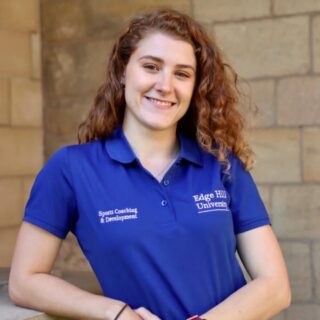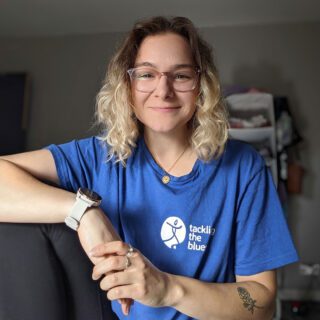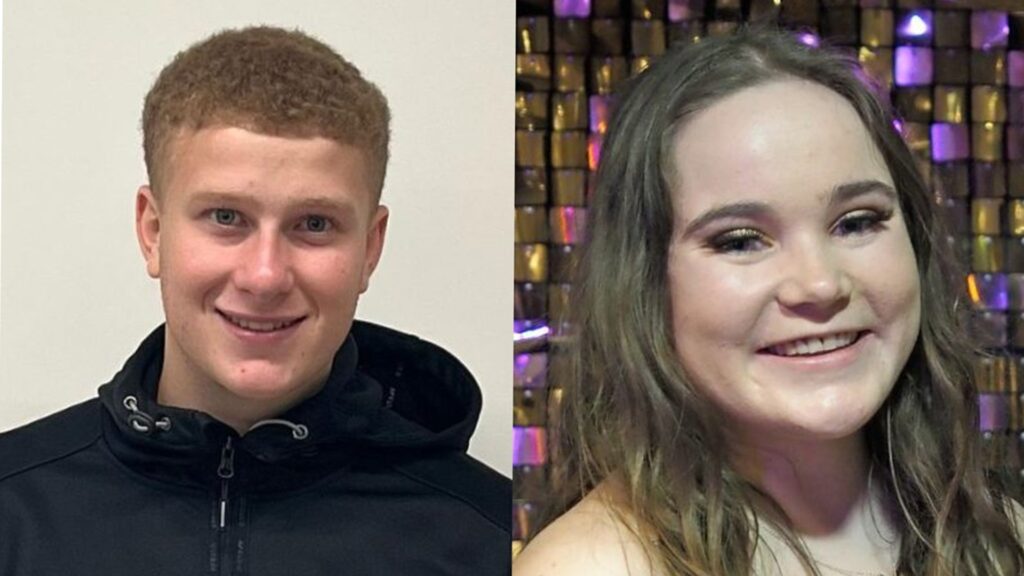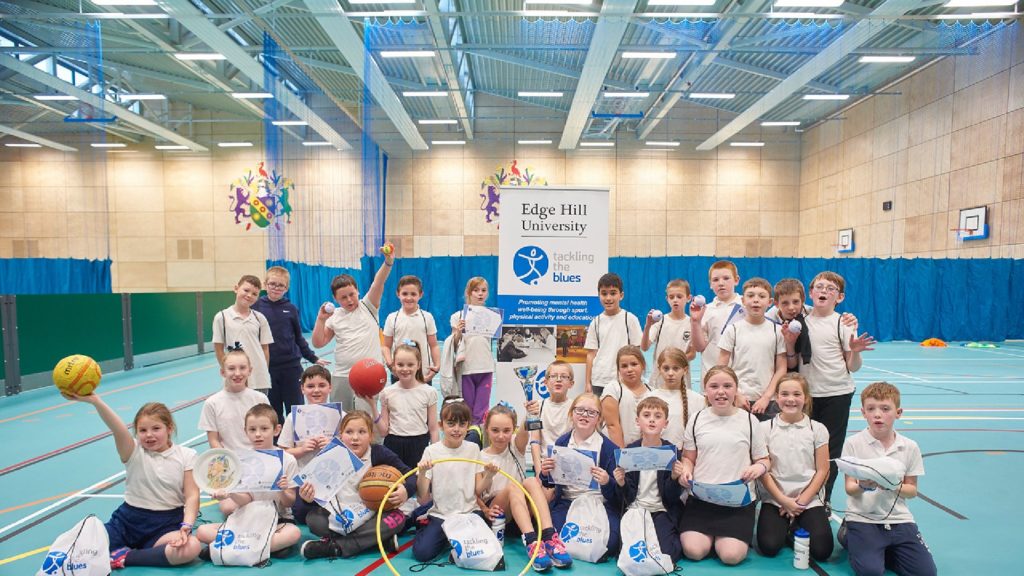Postgraduate Sport and Physical Activity
Our postgraduate sports courses enable you to combine the study of sport, physical activity and mental health, explore the sciences that underpin sport and exercise performance, or gain additional practice experience as a sports therapist.
Our innovative and interdisciplinary Masters degree, MSc Sport, Physical Activity and Mental Health is delivered in association with Everton in the Community. It provides a unique, impact-focused insight into the design, implementation and evaluation of community sport activities and professional sports initiatives promoting mental health.
The opportunity to focus on mental health awareness is also a key feature of our other taught postgraduate courses in sport. You can enhance your understanding of the real-world applications of biomechanics, physiology and psychology on our MSc Sport & Exercise Science. Qualified sports therapists have the opportunity to gain extensive further practice experience and specialist expertise on our MSc Sports Therapy.
Alternatively, areas of interest relevant to sport and physical activity can be explored in depth on our MRes Masters by Research or PhD Doctor of Philosophy, or you can train to teach physical education at primary or secondary level.
Ready to apply? Find out more about the application routes for postgraduate study, including applying to GOV.UK and directly to Edge Hill University.
Apply now
Facilities
All courses in the Department of Sport and Physical Activity place a strong emphasis on practical work, underpinned by outstanding facilities including dedicated biochemistry, biomechanics, performance analysis, physiology and psychology laboratories.
There is a dedicated sports therapy clinic, providing a clinical learning environment in which to gain practical experience, as well as a functional rehabilitation centre where bespoke rehabilitation programmes for individuals or small groups can be implemented.
Cutting-edge musculoskeletal assessment tools combine with a dedicated strength and conditioning area in our MSk laboratory, while a Sleep, Exercise and Performance laboratory enables you to measure the responses of individuals to sleep, sleep deprivation and changes in the circadian rhythms of a variety of biological processes.
Additional learning resources include eye-tracking systems in a specialist vision analysis laboratory where you can measure hand-eye coordination, ocular-motor control and other mechanisms associated with visual perception.
Complementing the impressive academic facilities, there are £30 million of sport and leisure facilities across 60 acres on campus.




